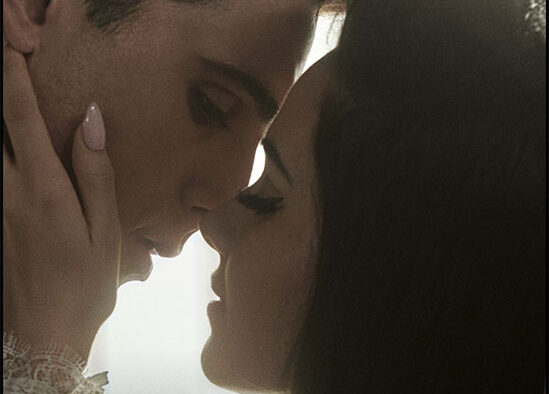If you’ve ever wondered about the most tumultuous relationships in history and then decided to scour the history books for information, you’ll likely land on the romance between Cleopatra and Mark Antony. Their passionate and dramatic love affair played out against the backdrop of political intrigue, power struggles, and intense warfare in the 1st Century B.C.
Cleopatra, the last pharaoh of Egypt, and Mark Antony, one of the three rulers of Rome following the demise of Julius Caesar, first met in 41 B.C. Their relationship quickly blossomed into a passionate romance, and they became lovers. However, their love affair was not merely a personal matter; it had significant political implications, as well.
The two were involved in a complex web of alliances and rivalries in the power struggles of the Roman Republic. Antony’s love for Cleopatra and his support of her and their children caused a rift with Octavian (later known as Augustus), who was another prominent Roman leader. Octavian saw Cleopatra as a threat to the stability of Rome, so he used their relationship to turn public opinion against Mark Antony.
The relationship between Cleopatra and Mark Antony became a symbol of decadence and foreign influence to many Romans, fueling propaganda against Antony. In 31 B.C. their naval fleet faced off against Octavian’s in the battle of Actium. Antony and Cleopatra’s forces suffered a crushing defeat, which ultimately led to the duo’s downfall.
The couple fled to Alexandria, where they lived out the doomed final chapter of their love story. When Octavian’s forces surrounded the city, Antony believed that Cleopatra had died, and in his despair, he fell on his sword and committed suicide. However, Cleopatra was still alive, and upon learning of Antony’s death, she also took her own life by allowing a venomous snake to bite her.
Another equally tumultuous relationship was between King Henry VIII of England and Anne Boleyn. Their union had profound political and religious consequences and is one of the most well-known and controversial relationships in British history.
Henry VIII’s desire to annul his marriage to his first wife, Catherine of Aragon, and marry Anne Boleyn, played a pivotal role in the English Reformation. Henry’s obsession with producing a male heir to secure the Tudor dynasty’s succession was a driving force behind his desire to marry Anne.
King Henry’s attempts to annul his marriage to Catherine of Aragon (who had failed to provide him with a male heir), led to a conflict with the Pope and the Catholic Church. Henry’s determination to marry Anne Boleyn and his frustration with the Pope’s refusal to annul his marriage eventually led to a major religious split with the church. In 1533, Henry broke away from the Catholic Church and established the Church of England, anointing himself as its head. He then married Anne in a secret ceremony shortly after.
Anne Boleyn’s subsequent coronation as queen in 1533 made her a significant figure in English history. However, her inability to provide Henry with a male heir, coupled with her political enemies at court, contributed to her downfall. In 1536, Anne was arrested and charged with adultery, incest, and high treason. She was tried and found guilty, leading to her execution by beheading.
Henry’s relationships with his subsequent wives were equally tumultuous, providing even more political and religious turmoil. Interestingly, Anne’s daughter, Elizabeth I, would later become one of England’s most famous and influential monarchs, proving that King Henry’s unending quest for a male heir may have been misguided.
In more modern times, another great example of a couple whose relationship ignited forces outside of themselves was the love affair between Elvis Presley and his young, star-crossed wife, Priscilla. Women around the world mourned the announcement that Presley was marrying, but inside the walls of Graceland, darker themes were roiling.
This week’s feature, aptly titled, “Priscilla” delves into this relationship in order to expose how oppressed and relegated Priscilla was inside her marriage to one of the most famous men in the world.
If you’re looking for the classic Elvis outfits along with his impeccable rock and roll soundtrack, you’re in the wrong place. “Priscilla” puts the King’s wife front and center and leaves the iconic legacy off to the side.
This is an interesting character study into the psychology of fame and how an individual can lose their entire self in another person’s ideation of them. Take note: This film won’t play well for committed fans of Elvis due to its dark nature and less than endearing portrayal of the King.
A distressing “B-” for “Priscilla,” now playing in theaters everywhere.
Got a question or comment for Dom? You can email him at [email protected].





